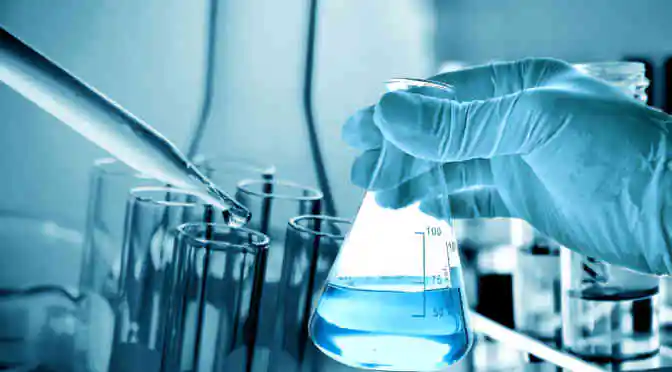The biomedical applications of smart polymers have changed the face of drug delivery systems around the globe. Their unique ability to respond and adjust to the slightest environmental changes, including change in temperature, humidity, pH levels, and the intensity of light is why smart polymers are also known as stimuli-responsive polymers. Smart polymers undergo reversible physical and chemical changes, are biocompatible, strong, resilient, flexible and easy to sharpen and color. Some of their other features include maintenance of drug levels in a therapeutic window, ease of manufacture, and a non-thrombogenic nature. Smart polymers are seen as an innovative means through which the drug delivery system can be improved and new products and drugs can be formulated.
Types of smart polymers
The five types of smart polymers include:
- Temperature sensitive smart polymers
- Light sensitive smart polymers
- pH sensitive smart polymers
- Phase sensitive smart polymers
- Polymers with dual stimuli-responsiveness
A great deal of research and development is taking place to determine how to make the most of smart polymers’ properties, in order to create drug delivery systems that are innovative and intelligent. All smart polymers operate autonomously, without the help of additional transducers, sensors, or pumps.
pH sensitive smart polymers swell when there has been an increase in the external pH value. This usually happens in the case of polyacids, which are essentially weak acidic groups. pH sensitive smart polymers help in the sustained release of drugs based on varying pH levels. Another application of these polymers is in glucose sensors, which treat diabetic patients by delivering the exact amount of insulin required at the exact moment needed.
Temperature sensitive smart polymers, on the other hand, are highly reactive to changes in temperature and have a wide range of applications in tissue engineering, bio-separation, drug delivery, and liquid chromatography.
Due to a large number of applications, the market for smart polymers is expanding tremendously. In 2015, the global smart polymers market was valued at $19 million, and, according to analysts at Technavio, will record a CAGR of around 20% by 2020.
Key drivers of the global smart polymers market
Apart from having promising applications in the biomedical field, the global market for smart polymers is also growing due to the following reasons:
- A high demand for efficient technologies over existing ones
- Innovative use of shape memory polymers in the automobile industry
- Need for controlled, efficient and economical drug delivery system
- Rise in middle-class income in the emerging economies
Some of the leading vendors in the global smart polymers market include AzkoNobel, Dow Chemical, Autonomic Materials and Huntsman International.



